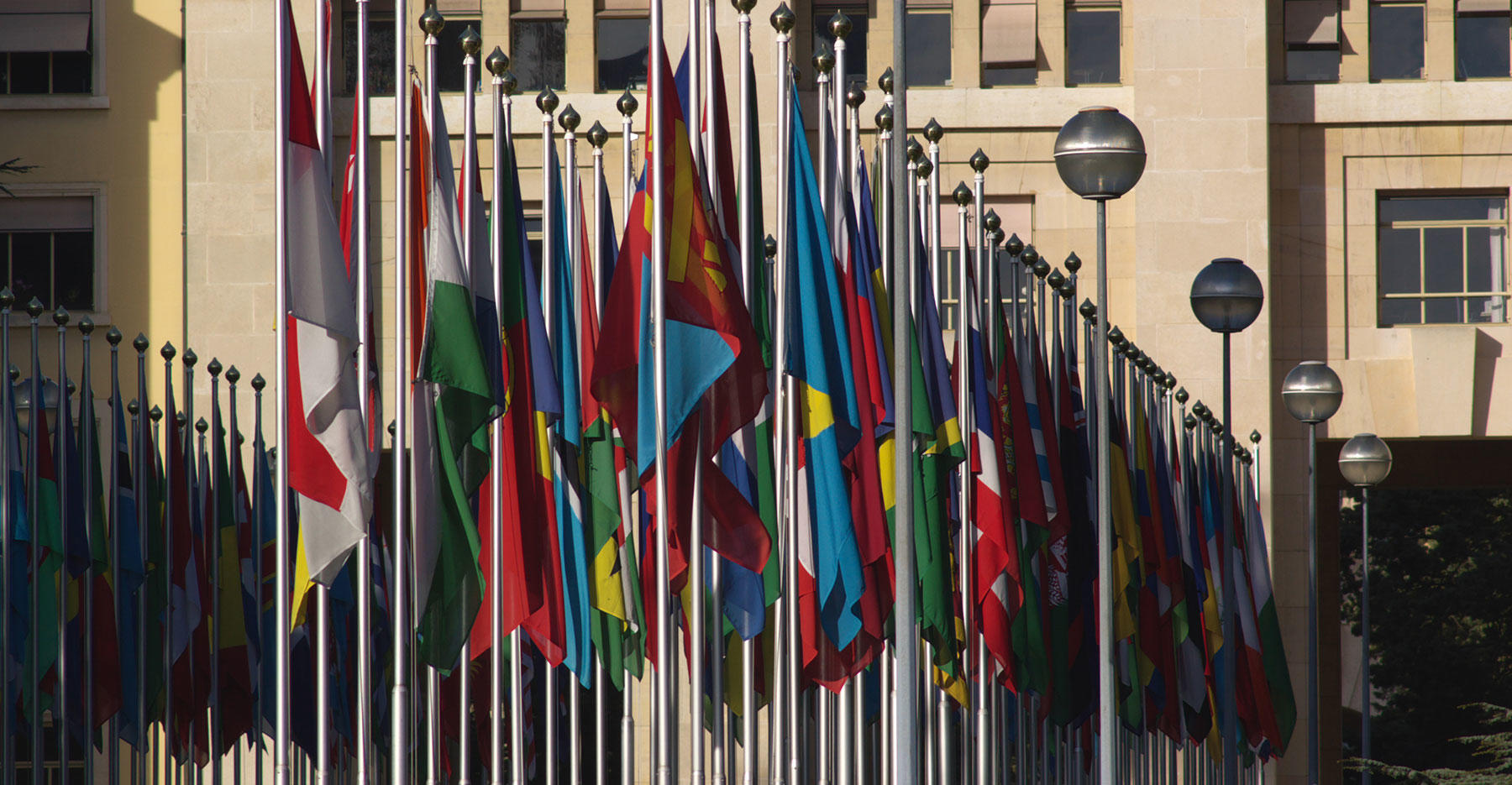Mr. Dušan Vejinović (EFSAS) speaking on Freedom of Expression during 37th Session of UNHRC
14-03-2018, Geneva
Mr. Dušan Vejinović, Senior Research Analyst EFSAS, spoke at a Side-event titled, 'The Right to Peace and Security', organized during the 37th Session of the United Nations Human Rights Council. While concentrating his presentation on freedom of expression, Mr. Vejinović explained that this particular Human Right, does not only entails free speech but also constitutes freedom of choosing and practicing a religion of one’s own choice, exercising one’s free political rights, free access to information and freedom from being subjected to hate speech. However, under the existing theocratic-political legislative scenario in countries like Pakistan, these rights are not guaranteed. Religious clerics, military personnel, governmental officials and other authorities often misuse the exemptions given in the right to freedom of expression to promote hate speech, accuse minorities and other Muslims of being involved in acts of blasphemy, and deny access to information on the ground of threat to national security. As a result, there is a constant fear among the masses that if they express their political, religious or human rights views, they will be targeted by terrorists, political parties, or the military establishment.
Mr. Dušan Vejinović speaking at a Side-event "The Right to Peace and Security" during the 37th Session of the UNHRC
He further said that many countries in South Asia give priority to expenditures on national security issues and defense, rather than investing in its people. The existing security situation, economic crisis, political instability, spikes in terrorism, expansion of nuclear arsenal and a long history of regional violence have always skewed the government’s priorities towards the bigger issue of ‘national security’. Mr. Vejinović, also quoted Amnesty International’s latest 2017/2018 report on Freedom of Expression in Pakistan, according to which attacks on human rights activists continue to rise, particularly against those posting comments online. As the report states, in January, five bloggers who made anonymous online comments, said to be critical of the military, were subject to enforced disappearances. Yet, no action was taken against social media accounts belonging to armed groups that incited discrimination and violence. People were prosecuted after being accused, particularly over social media, for alleged breaches of vague and broad blasphemy laws, which criminalized peaceful expression if deemed to offend religious sensibilities. The report gives examples, such as Taimoor Raza’s sentence to death by an anti-terrorism court in Punjab, for allegedly blasphemous posts on Facebook. In September, Nadeem James, a Christian, was sentenced to death by a court in Gujrat city for sharing a so-perceived blasphemous poem over WhatsApp. Accusations of committing blasphemy also triggered the execution-style killing of Mashal Khan, a university student, in Mardan city.
He called for unveiling of the truth, irrespective of the culprits, in order for justice to prevail or at least to increase the ‘feel’ among the general masses, that violations on freedom of expression cannot go unpunished.
He ended his speech by saying that the people of Pakistan deserved a violence-free Pakistan, based on mechanisms of accountability, led by honest leaders; In the Civilian administration and in the Military.



